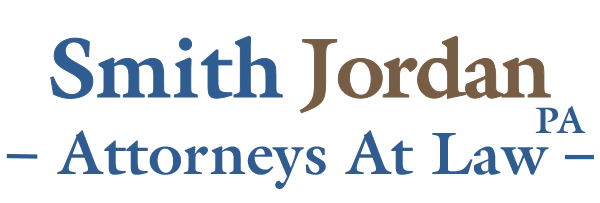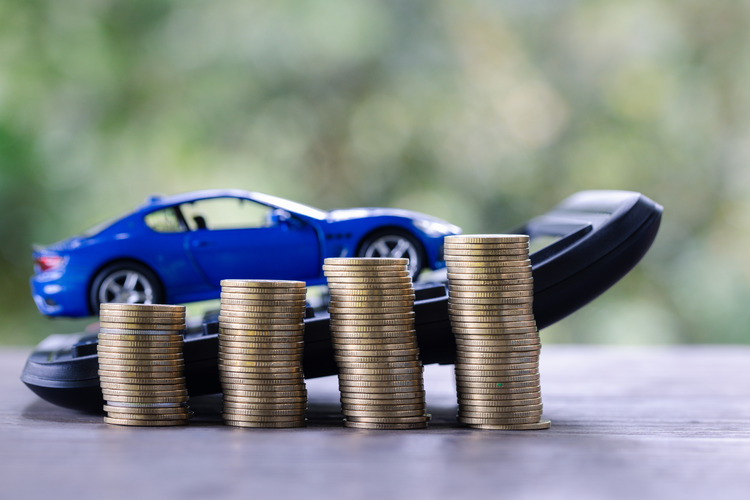Crashing a car is stressful under any circumstances, but it can feel even more complicated when the vehicle is still being financed. If you’ve been in an accident and are wondering, “What happens if you crash a financed car?” it’s important to understand the legal and financial implications.
Our Greenville car accident lawyers are proud to guide clients through these situations, ensuring they know their rights and responsibilities. In this guide, we’ll break down what happens after you crash a financed car and how to navigate the process while protecting your financial and legal interests.
Who owns a financed car?
When you finance a car, the lender has a lien on the vehicle until the loan is paid off. As the buyer, you possess and use the vehicle, but the lender holds a lien on the car. This means they have a financial interest in the car, and you must meet the loan agreement terms. This lien plays a significant role in what happens if you crash a financed car.
Your insurance coverage
Comprehensive and collision coverage
Most lenders require you to carry comprehensive and collision coverage while the car is being financed. These coverages are essential because they help pay for damages to your vehicle if you crash, regardless of who is at fault.
- Collision insurance covers repairs to your car after an accident.
- Comprehensive insurance covers damages caused by non-accident events, such as theft or weather damage.
If you crash a financed car, your collision insurance will typically pay for repairs up to the car’s current value, minus your deductible.
Liability insurance
In South Carolina, you must also carry liability insurance. This coverage pays for damages to the other party if you are at fault in the accident. However, liability insurance does not cover damages to your vehicle.
What happens if the car is repairable?
Filing a claim and repairs
If the car is repairable, then an insurance company should pay for the repairs. If you were not at fault, then the at-fault driver’s liability insurance must pay for the damage up to its policy limits. If you were at fault for the wreck or not at fault and the at-fault driver’s insurance company is dragging its feet, you may file a claim with your own insurance company using your collision coverage. Your collision insurance should cover the repair costs after you pay your deductible. The insurance company may also communicate with the lender, since the car is technically still owned by the lender until the loan is paid off.
Repair payments
When a financed car is repaired, the insurance company may issue the payment directly to the repair shop or both you and the lender. Some lenders may want to ensure the car is properly repaired to protect their financial interests.
What happens if the car is totaled?
Determining a total loss
If the cost of repairs exceeds seventy-five percent of the car’s value, the insurance company must declare the vehicle a total loss. In this case, the insurance company will reimburse you for the car’s current market value, not what you originally paid or what is still owed on the loan.
Paying off the lender
When a financed car is totaled, the insurance payout will first go to the lender to pay off the loan balance. If the insurance settlement is less than what you owe on the loan, you will still be responsible for paying the remaining balance out of pocket. This situation is known as being “upside down” or having negative equity in the loan.
Gap insurance
If you have gap insurance, it will cover the difference between what the insurance company pays and what you owe on the loan. Gap insurance is optional, but it’s highly recommended for financed cars because it can save you from paying thousands of dollars if the car is totaled and the settlement doesn’t cover the full loan amount.
What if the accident wasn’t your fault?
Filing a claim against the other driver
If the accident was not your fault, you can file a claim with the at-fault driver’s insurance company. Their liability insurance should cover your damages, including repairs or the total loss value. However, this process can take time, especially if the fault is disputed.
Subrogation
If you use your insurance to cover the damages, your insurance company may pursue the at-fault driver’s insurer for reimbursement. This process is known as subrogation. If successful, you may get your deductible reimbursed as well.
Continuing loan payments
Even if your car is totaled, you are still responsible for making loan payments until the loan is fully paid off. If the insurance settlement doesn’t cover the remaining balance, you must continue making payments to avoid defaulting on the loan. This is why having gap insurance is essential in cases where your financed car is declared a total loss.
How Smith Jordan Law can help
Crashing a financed car can be stressful, especially with insurance companies, lenders, and potential out-of-pocket costs. At Smith Jordan Law, we are experienced in handling complex car accident cases and can help you navigate these challenges.
Our team will help you negotiate with insurance companies, understand your legal rights, and protect your financial future. Contact us today for guidance and support.

